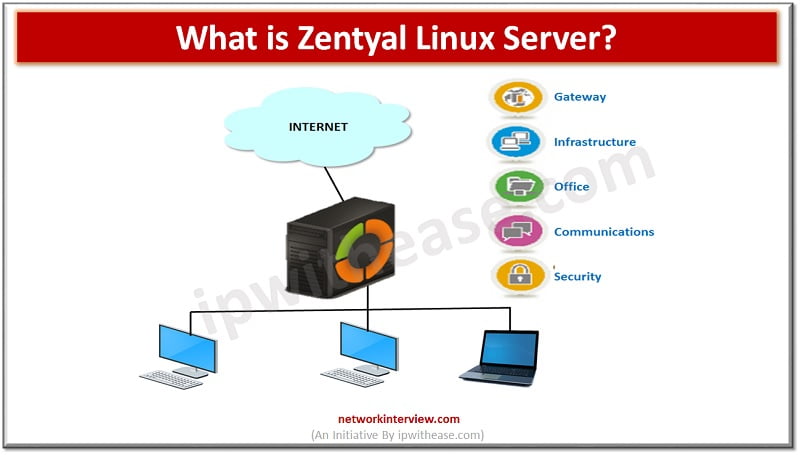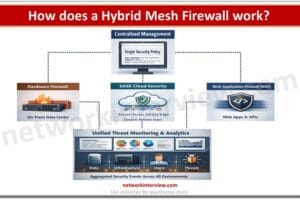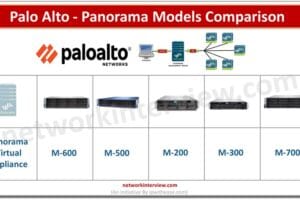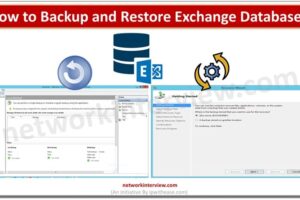
What is Zentyal Linux Server?
Introduction to Zentyal Server
In the IT community, with the term Zentyal Server (previous eBox Platform) we define a unified network server that provides simplified and efficient computer network administration services for small and medium size organizations.
The main ability is that it can perform as a gateway, an infrastructure manager, a unified threat manager, an office server, a unified communication server or a combination of the above.
These features are tightly integrated in the software and automate most tasks. The main advantage is to avoid mistakes and save time for system administrators. Unfortunately, the standard version Zentyal Server 7.0 is not available for free any more, only the Development edition. Finally, Zentyal is released under the GNU General Public License (GPL) terms and runs on top of Ubuntu Linux OS.
Zentyal Linux Server: Features & Services
According to the manufacturer (developers) website of Zentyal, we addressed the main features and services that it provides in the latest version 7.0 and we present them below:
- Domain and Directory Server: The most advanced benefit is that it offers an easy to use Windows Server alternative solution. The software comes with an internal native compatibility with Microsoft Active Directory allowing to join Windows clients to the domain and manage them easily, causing no disruption to the main users. The system administrator of the organization can set up a stand-alone server or additional DC of a Windows domain, manage GPOs with RSAT and forget the cost expenses of any related CALs.
- Mail Server: In addition, in the latest Zentyal 7.0 edition, the developers include the latest industry-standards for SMTP and POP3/IMAP mail servers built upon the most established technologies and protocols. Therefore, the company’s system administrator can provide the users with the opportunity to deploy Zentyal as a mail server, domain & directory server all-in-one solution. Finally, Zentyal 7.0 integrates ActiveSync, unlimited virtual mail domains and user management.
- Gateway and Infrastructure Server: Furthermore, Zentyal 7.0 provides to the users the ability to unify and easily manage all the basic network infrastructure services and offers reliable and secure Internet access. To be more specific, it covers services from DNS/DHCP, CA, VPNs, backup to gateway, firewall and HTTP proxy. Finally, the organization’s system administrator can backup, authenticate users in HTTP proxy and block Domain-based HTTPs web pages.
- Technical Support: Now in case the user is not quite sure if he has the necessary knowledge to set up and maintain Zentyal Server in house, he can count on the Zentyal Support Team. This particular team has extensive experience in providing support for commercial Zentyal deployments. Finally, they support all the related problems with Zentyal 7.0 features and Windows based migrations that the user may require. Unfortunately for the Development edition of Zentyal, advice and support is provided by community and development team members via Forum and GitHub.
- Competitive Pricing: Although most Linux based distributions are free to the IT community and users. The standard license package for Zentyal Server 7.0 starts at 25$, for up to 25 user’s enterprise network (Microservices). The Zentyal team also provides a server-based pricing plan with no user or device CALs requirements. Finally, optional support subscriptions are also available.
Conclusion
Zentyal Linux Server has been developed with the main purpose of bringing Linux closer to SMBs and to allow them to make the most of its potential initial design strategy as a corporate server. Initially based on the popular Ubuntu Linux distributions, it has become the most wanted open source alternative to Windows Small Business Server. In addition, Zentyal allows ICT professionals to manage all network services such as Internet access, network security, resource sharing, network infrastructure or communications through one single platform.
Later on, commercial subscription services target two clearly different types of customers. Firstly, professional subscription is aimed at small businesses and ICT providers with a limited number of servers that must be kept always updated and running.
Finally, the Enterprise Subscription is aimed for large businesses or managed service providers who need to monitor and administer multiple Zentyal remote servers at the same time.
Continue Reading:
Google NTP Server: Network Time Protocol
Tag:services



